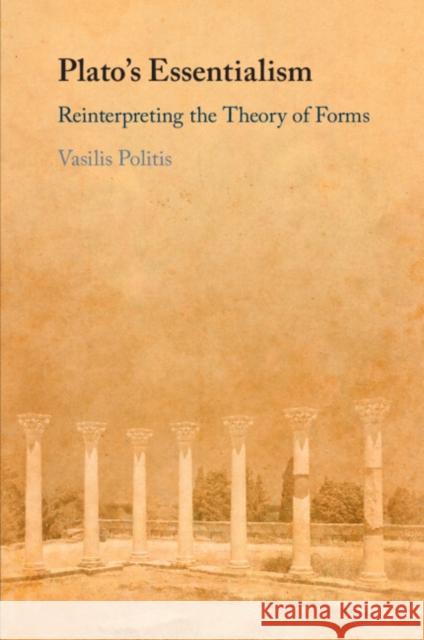Plato's Essentialism » książka
topmenu
Plato's Essentialism
ISBN-13: 9781108986557 / Miękka / 2023 / 261 str.
Plato's Essentialism
ISBN-13: 9781108986557 / Miękka / 2023 / 261 str.
cena 121,78
(netto: 115,98 VAT: 5%)
Najniższa cena z 30 dni: 120,83
(netto: 115,98 VAT: 5%)
Najniższa cena z 30 dni: 120,83
Termin realizacji zamówienia:
ok. 16-18 dni roboczych.
ok. 16-18 dni roboczych.
Darmowa dostawa!
In this book, Vasilis Politis argues that Plato's Forms are essences, not merely things that have an essence.











